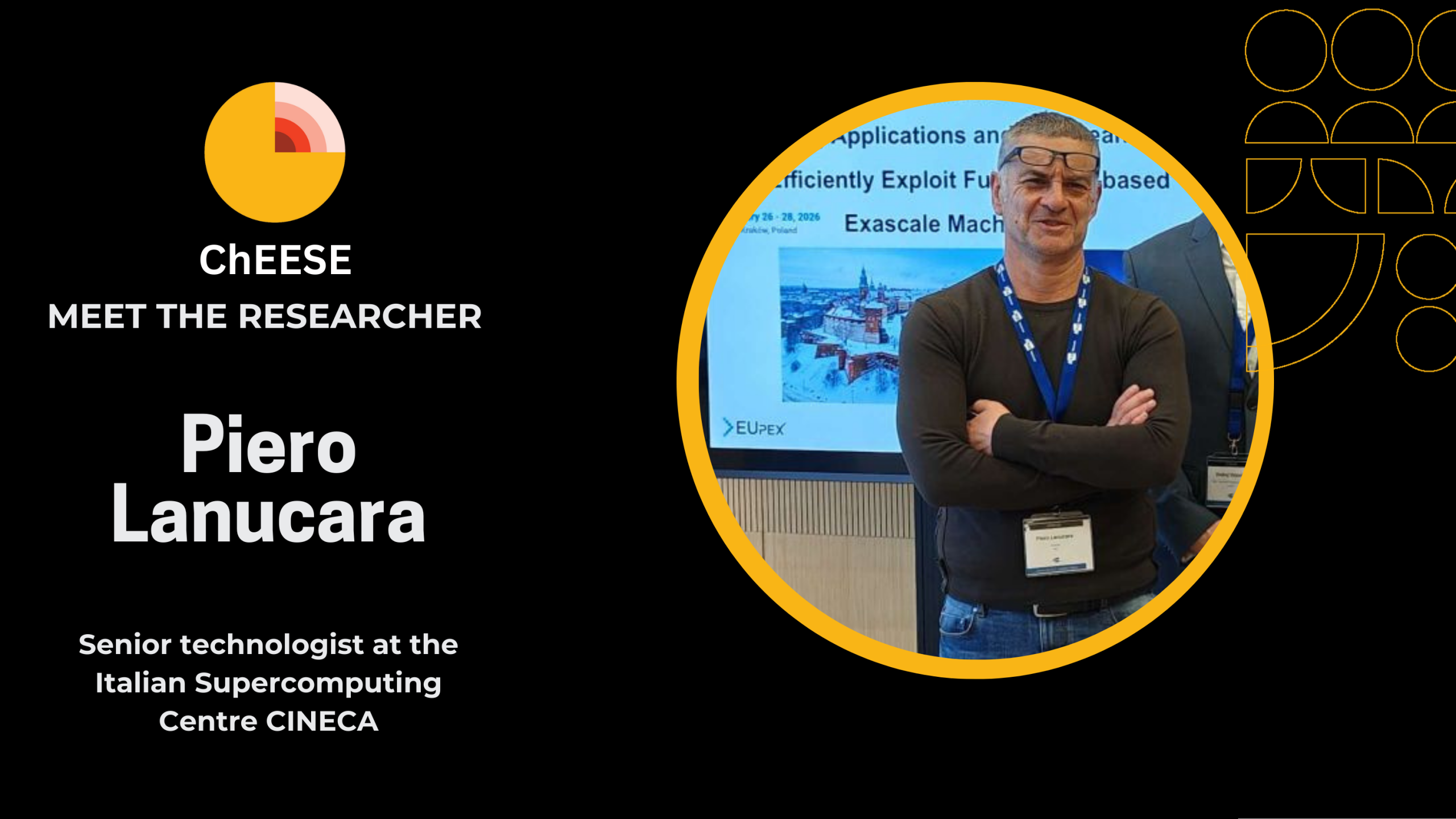WORKPLAN
Overview
The project plan, consisting of seven work packages, aims to utilise the strengths of each partner and foster collaboration among participating organisations while addressing all research, technology, and management aspects.
Work Packages
- Implement an efficient operational project management and give support to administrative and financial reporting, project legal aspects (including IPR), and timely delivery on the scientific and technical objectives of the project within the budget constraints
- Establish and enforce effective management and quality procedures for high-quality deliverables
- Effective communication between partners and detect project risks promptly, bringing them to resolution
- Promote gender and country balance through the Equality Committee (EC) activities
Manage the computational resources according to project needs and foster the granting of additional EuroHPC/PRACE resources through the different competitive access modes - Implement a Data Management Plan (DMP) and an EOSC-enabled automatic FAIR data validation integrated in the CI/CD pipeline
- Address technical challenges (potentially at exascale) in the 11 flagship codes
- Exploit actual accelerators, in particular those targeting EuroHPC pre-exascale machines
- Audit the codes and improve single node, multi-node, and I/O performances at scale
- Continuously monitor the code performance efficiency during the project
- Extract to mini-apps the most relevant parts of applications according to targeted prototype architecture
- Leverage European HPC technologies through the SE Community applications
- Foster co-design with HPC vendors and technology and associated ecosystem (EuroHPC Pilots)
- Address challenges at simulation workflow level that go beyond the main application codes
- Decrease overall time to solution by adopting a holistic view on the necessary workflow
- Exploit new methods of simulation setup, deployment, and data analysis
- Improve general usability for codes and workflows in the SE Community
- Implement novel features and coupling mechanisms in flagship codes for new PD workflows.
- Develop the new workflows of the PD farm.
- Define the 15 Simulation Cases (SCs) leading to capability/capacity production runs generating open EOSC-enabled datasets and hazard maps
- Execute 4 Scientific Grand Challenges (if full-scale resources are allocatable)
- Enable 2 services in EPOS for tsunami and volcano Thematic Core Services (TSU-TCS and VO-TCS)
- Enable 4 urgent computing services in EuroHPC infrastructures, including policy recommendations
- Engage the end-user community in the service co-design activities ensuring that the resulting products are well-suited for the applications and their users, including live demo exercises
- Identify and perform communication and dissemination activities in order to maximize the impact of the project among scientific audiences and target end-user stakeholders
- Liaise and coordinate with Research Infrastructures (EPOS), federated environments (EOSC), and other EuroHPC and REA (Horizon Europe) research projects to align and synergize efforts
- Identify and perform training activities in cooperation with NCCs in order to engage interested parties in the usage of codes and use cases
- Carry out community building and roadmap activities, with the main output being the Galileo Conference already granted by the European Geosciences Union (EGU)
- Identify the exploitable results of the project and define the potential commercial strategies and services for the ChEESE-2P results (market study, business models, distribution channels and promotional strategy) to reach the market


